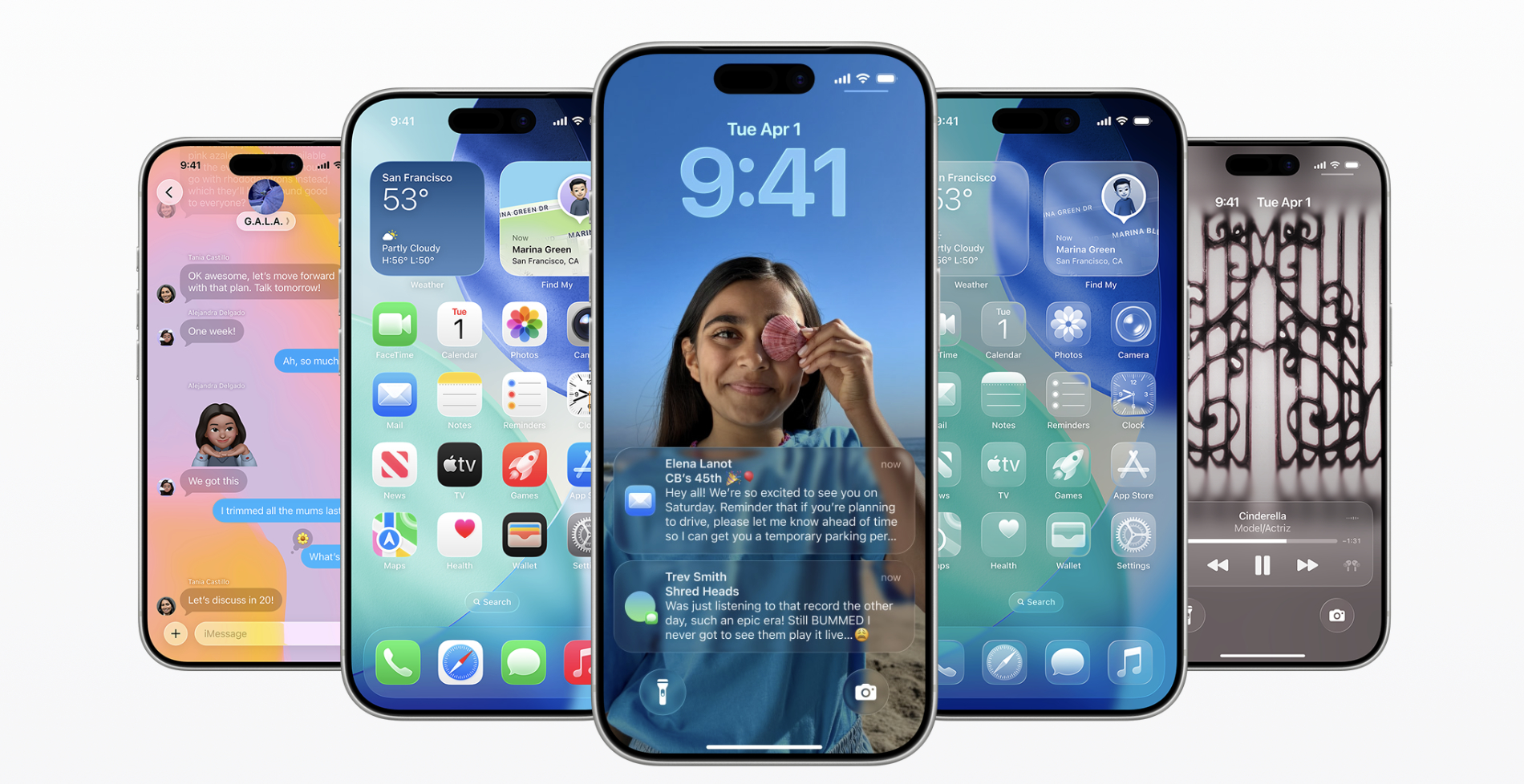
In an effort to improve its security measures, Lyft announced Tuesday a new rider verification pilot program to help drivers verify riders’ identities and ensure that they are indeed who they say they are.
Starting today, Lyft’s new program is rolling out to nine markets, including Atlanta, Chicago, Denver, Detroit, Houston, Jacksonville, Miami, Phoenix, and Seattle. The company declined to say when it would be launching in more cities.
Riders will now see a verification badge next to their profile, indicating that Lyft confirmed they’re using their legal name. To ensure riders are who they claim to be, Lyft uses third-party databases to cross-check personal information, such as a rider’s legal name and phone number, a company spokesperson explained to TechCrunch. However, they didn’t say which third-party databases it uses.
If the name on the rider’s profile is not their legal name, riders are prompted to enter it before another verification process starts. If their details can’t be confirmed, they may need to upload official government identification, such as a driver’s license, state ID, or passport. If a rider does not have any of these documents, they can contact Lyft Support and provide an alternative.

Additionally, when a passenger wants to request a ride for someone else, they can use the “Change rider” option while requesting the trip. Any guest passengers must have a Lyft account with a verification badge.
However, drivers can still choose to accept rides without badges. Lyft warns on its website that riders without them may experience “longer ETAs and pickup times.”
Lyft’s new program follows the launch of Uber’s initiative earlier this year, which functions the same way. Like Lyft, Uber cross-references personal information and displays a blue checkmark on the profiles of verified riders. It’s currently available in 15 cities, including Atlanta, Chicago, Detroit, and Miami.

Rideshare drivers are always at risk when accepting riders. However, in high-crime or denser cities like Detroit and Chicago, the risks may be even higher. Many Uber and Lyft drivers are carjacked, robbed, and killed every year. For instance, a Chicago driver suffered from a bullet wound during an attempted carjacking in January. Less extreme examples are strangers flagging down drivers in the hopes of getting a free ride.
Sexual assaults are another huge problem, which has led to multiple ride-sharing startups emerging in recent years. In 2022, former Lyft driver Jillian Anderson co-founded a female-friendly driving app called HERide to help keep female passengers and drivers safe. Lyft launched a Women+ Connect feature last year, letting women and nonbinary drivers prioritize matches with women and nonbinary riders. Uber also has a women rider preference feature.
It’s always important that both driver and passenger verify profile pictures and names. Before getting into the vehicle, riders should first check the license plate and car model.
In addition to rider verification, there have been numerous instances when Lyft has taken a page from Uber’s playbook, which is its biggest rival with 156 million monthly active platform consumers. (Lyft, meanwhile, reports 27.3 million active riders.) More recently, Lyft announced pet-friendly rides on Monday, a feature Uber has had for five years. Lyft now charges an additional $4 for pets, whereas Uber charges between $3 to $5.






